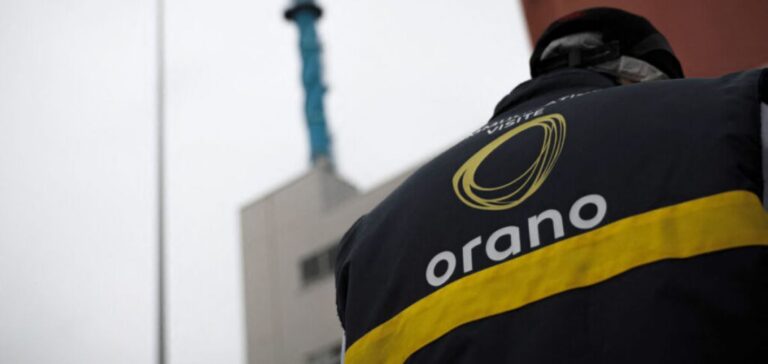Orano, a French company specialising in the nuclear fuel cycle, has formalised a contract with Ukrainian operator Energoatom to provide uranium enrichment services until 2040. The deal, the value of which has not been disclosed, is part of Ukraine’s strategy to diversify its nuclear fuel supply sources.
Commitment to energy independence
Since the start of the conflict with Russia in 2022, Ukraine has been seeking to reduce its dependence on Rosatom, the world’s leading supplier of uranium enrichment services. In this context, Energoatom had already signed a contract with Urenco, a British-German-Dutch consortium, at the end of 2023. With the agreement announced by Orano, Ukraine continues to expand its partnerships to secure a stable and long-term supply for its nuclear power plants.
A significant contract for Orano
While Orano and Energoatom had previously collaborated, the newly signed contract represents a significant step forward in terms of volume and duration. Uranium enrichment is a critical stage in the fuel cycle, enabling the production of the material necessary for the operation of nuclear reactors. Ukraine, which operates four nuclear power plants, relies heavily on this source of energy for its electricity production.
Increased production capacity
In response to the growing demand from European and international electricity companies seeking to diversify their supply sources, Orano is investing in the expansion of its Georges Besse II enrichment plant, located in Tricastin, France. The project, with a budget of €1.7bn, aims to increase the plant’s production capacity by 30%.
Petro Kotin, the interim president of Energoatom, emphasised that this agreement would allow Ukraine to plan for a stable energy future, based on the operation of its nuclear infrastructure.






















